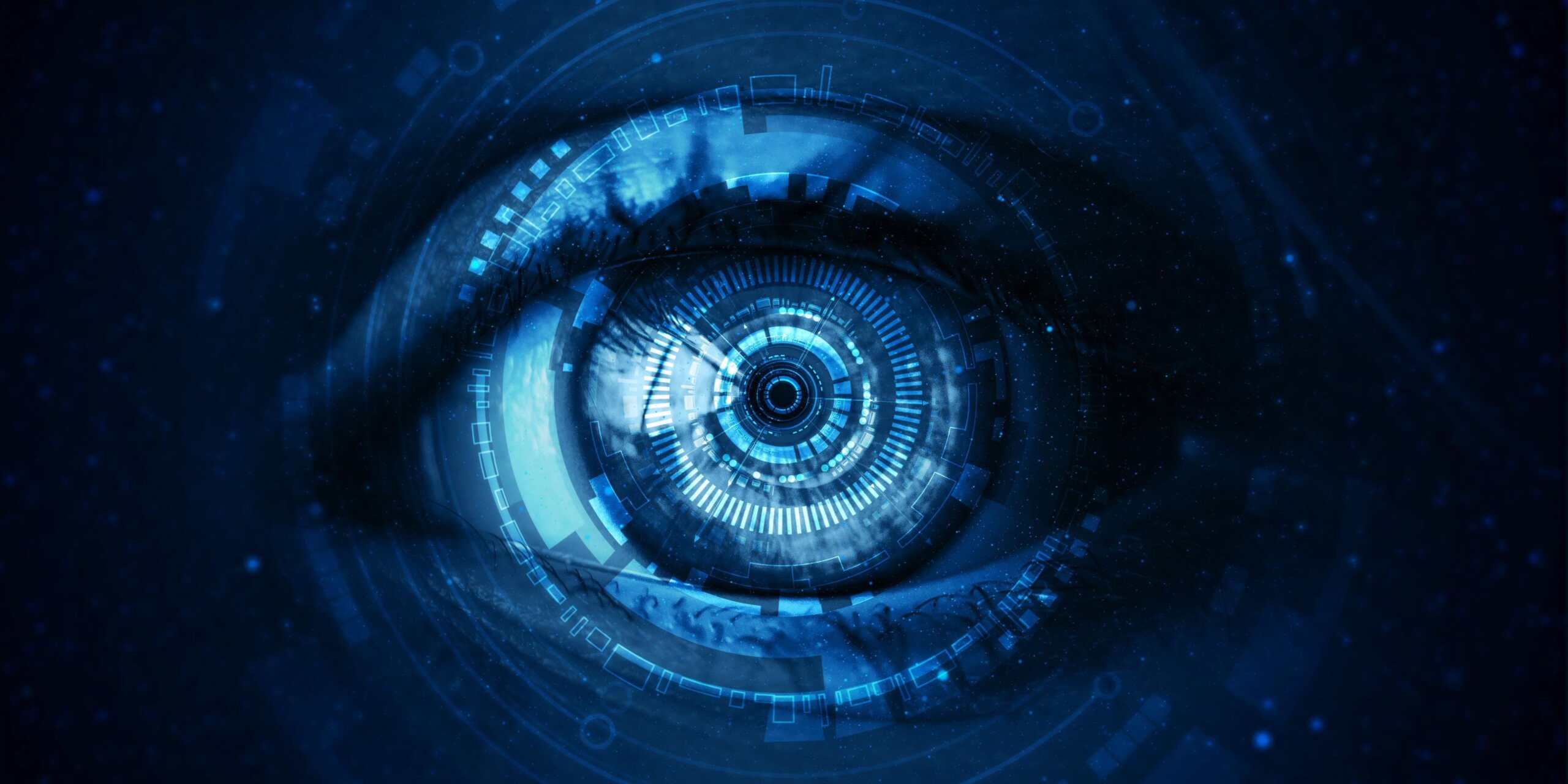In addition to the one gene therapy treatment approved in Australia (see below), there are a number of emerging treatments that are currently in the research and development pipeline. It should be noted however that there is no guarantee that these treatments will become available for people with an inherited retinal disease (IRD) as stringent clinical trials must be performed first to show safety and efficacy.
If you are interested in registering to participate in clinical trials, you can find a list of projects that are recruiting participants here or register your interest through an IRD registry. Your ophthalmologist will also be able to provide you with information about what treatments may be an option for you in the future.
Areas of emerging treatments

Gene therapy
- A gene therapy called Luxturna® is currently the only regulatory-approved treatment in Australia for an inherited retinal disease (IRD).
- It is however, only for IRDs related to mutations in the RPE65 gene such as retinitis pigmentosa (RP) or Leber congenital amaurosis (LCA).
- There are several clinical trials for gene therapy into inherited retinal diseases currently underway.

Stem cell therapy
- There are no stem cell treatments currently available for IRDs.
- Although there are some clinical trials of stem cells for some forms of IRD, none of these trials are currently operating in Australia.

Pharmaceutical drugs
- There is only one drug approved called Raxone® for people with Leber hereditary optic neuropathy (LHON).
- It has been approved in Europe and Israel but is not available in Australia.
- Other pharmaceutical compound research studies are underway, which may open up opportunities in the future.

Vision prostheses
- Vision prostheses, also known as “bionic eyes”, are electronic devices which are implanted into the eye or brain to provide some basic vision to people with severe vision loss.
- There are currently over 40 research groups around the world developing vision prostheses, with most focusing on retinal implants.
